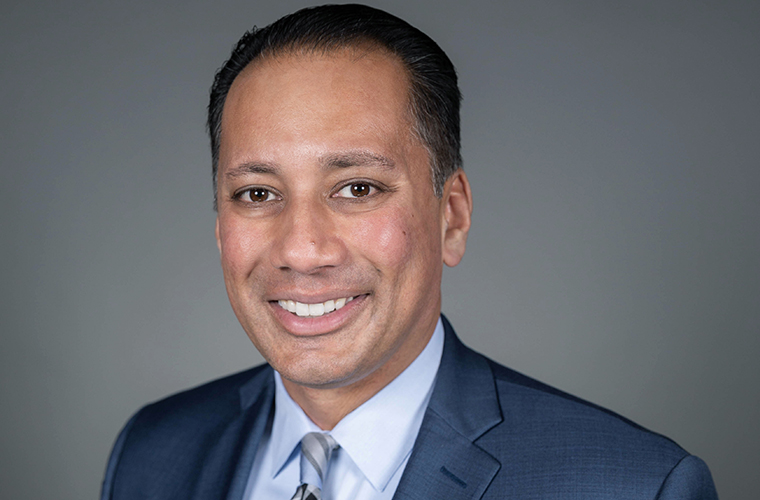Dr. Nishant Anand: Why Social Distancing Matters
A perspective from Nishant Anand, MD, Chief Medical Officer at BayCare Health System
More than two weeks have passed since the Tampa Bay region began its social retreat. Schools and businesses closed, events cancelled, and Safer-At-Home measures passed by governments.
Sitting at home, with another beautiful spring Florida day, it can feel surreal.
But social distancing remains a necessary and effective tool in our fight to “flatten the curve” of the COVID-19 pandemic in our local community.
We are at an inflection point. Every step each of us takes each day to limit our contact with others outside our household is one more defense against the spread of the novel coronavirus. Acting now will save lives later.
This is not an exaggeration calculated to curry favor from one group or another. This is a statement of certainty underscored by scientific and medical analysis.
The novel coronavirus has been repeatedly compared to the common cold or the flu, but it is a far more contagious and long-living virus that can be more virulent, particularly for individuals with chronic medical conditions. As a new virus, no human has natural immunity. There are no vaccines or treatments yet definitively known to be effective.
Scientists believe, if left unchecked, each novel coronavirus victim infects two or three other people, who each infect two or three more people, and so on.
What does that mean in real terms? Without interruption, COVID-19 can spread from one person to more than 14 million cases in just 15 stages – a matter of months.
There are not enough hospital beds, ventilators or health care providers in Florida to serve the small minority of those cases that will need them if COVID-19 spreads unchecked. In Italy, that has meant life and death choices for medical practitioners, having to bias one patient’s needs over the other.
An overwhelmed health care system has implications not just for COVID-19 patients but for every other kind of patient needing care: expectant mothers, heart patients, cancer fighters, diabetics, accident victims and many more.
The more each of us works now to encourage social distancing, the more we will interrupt the transmission stages and slow the disease’s progress, giving us a chance to manage this pandemic. It will mean fewer of our neighbors are sick at a time, resulting in better care for those acutely ill, and hospitals that, while taxed, are not overwhelmed.
My colleagues at BayCare, as well as at other local health care systems, are working together each day with government partners to plan and anticipate what will be needed in the weeks to come. We ask that you do your part as well to give West Central Florida the best chance we can: Continue to practice social distancing to halt this virus in its tracks.
Together, we will save lives.


